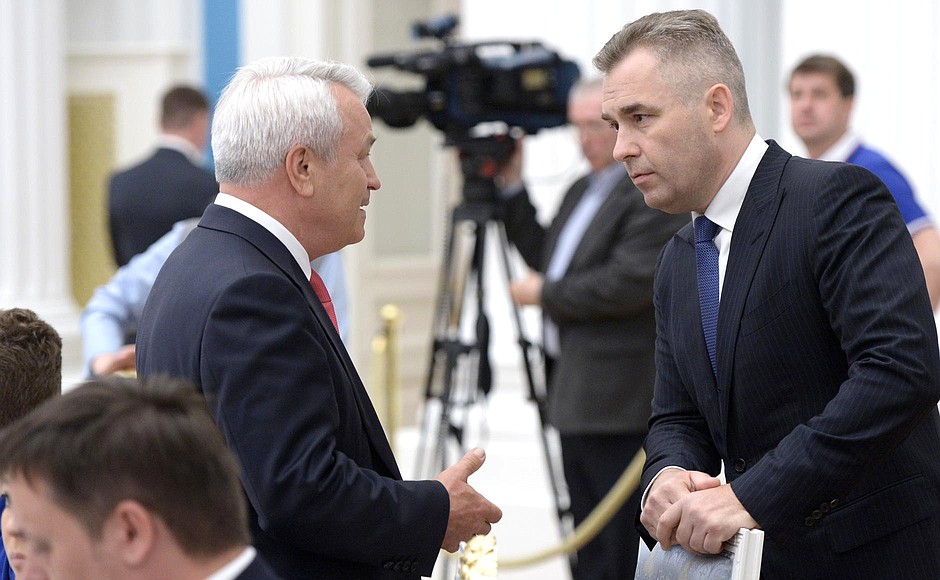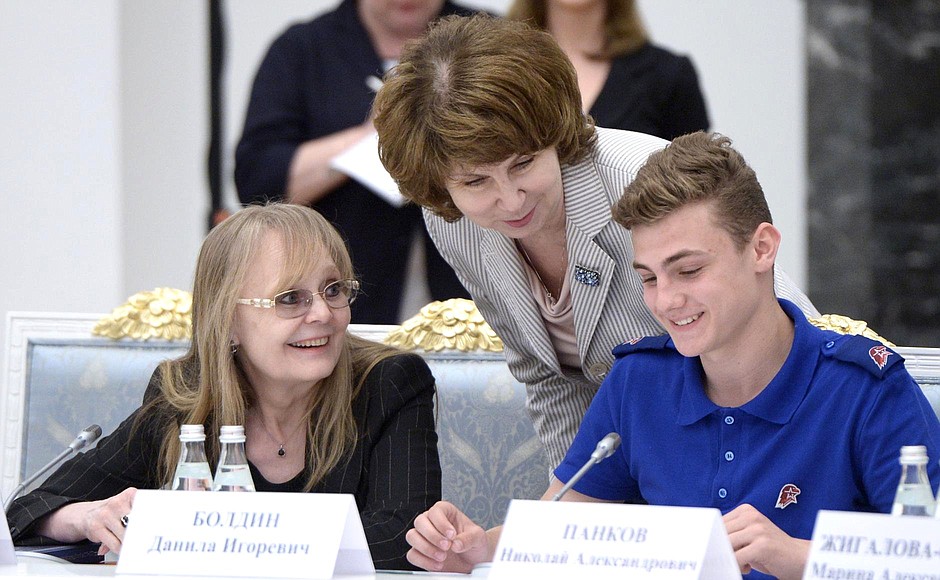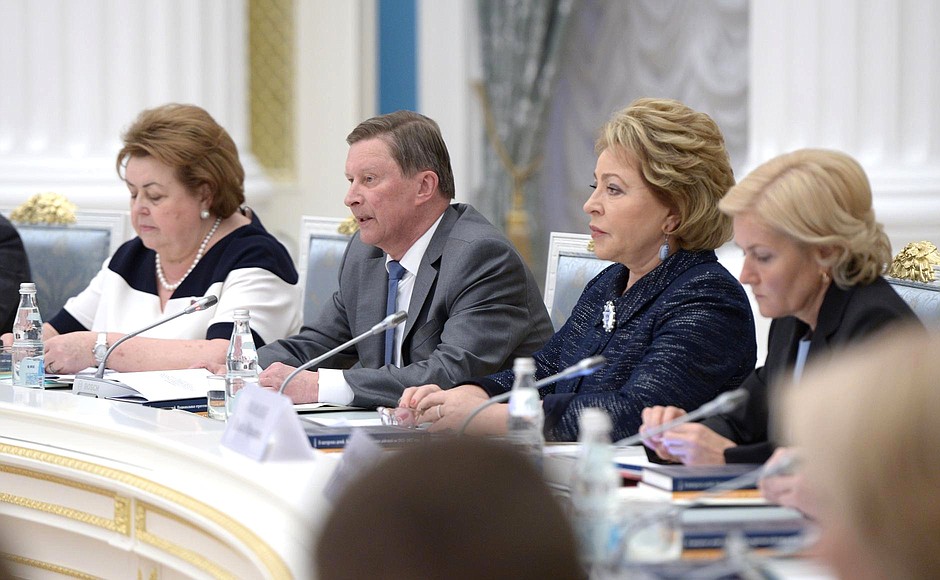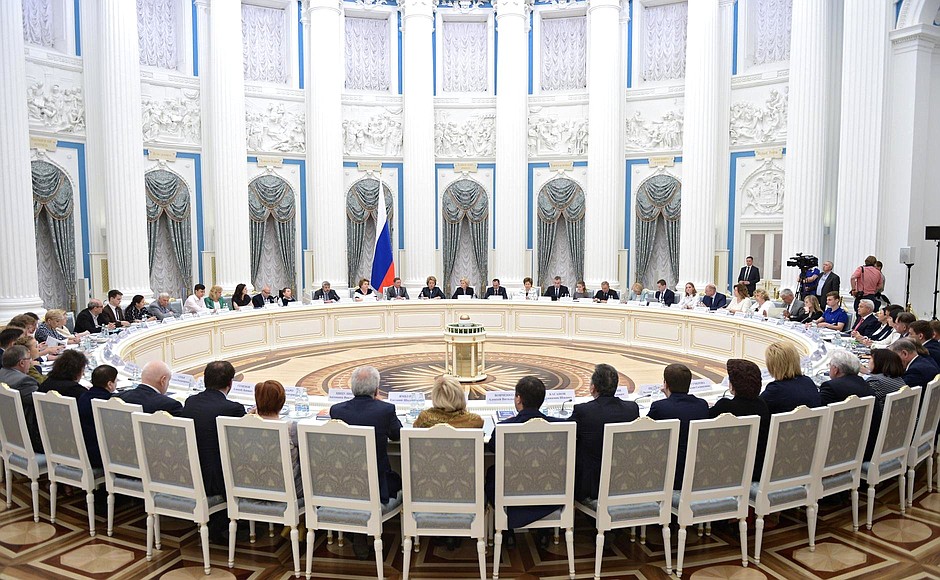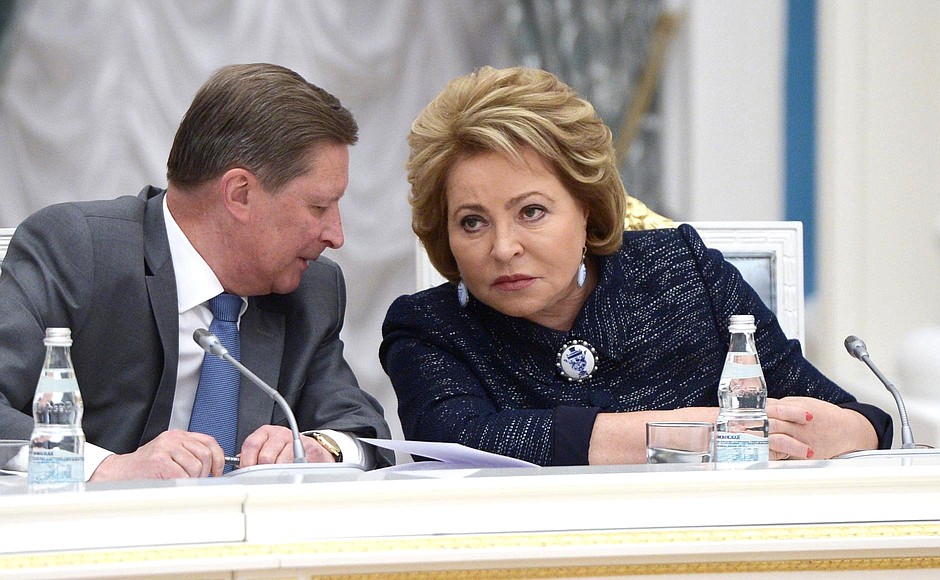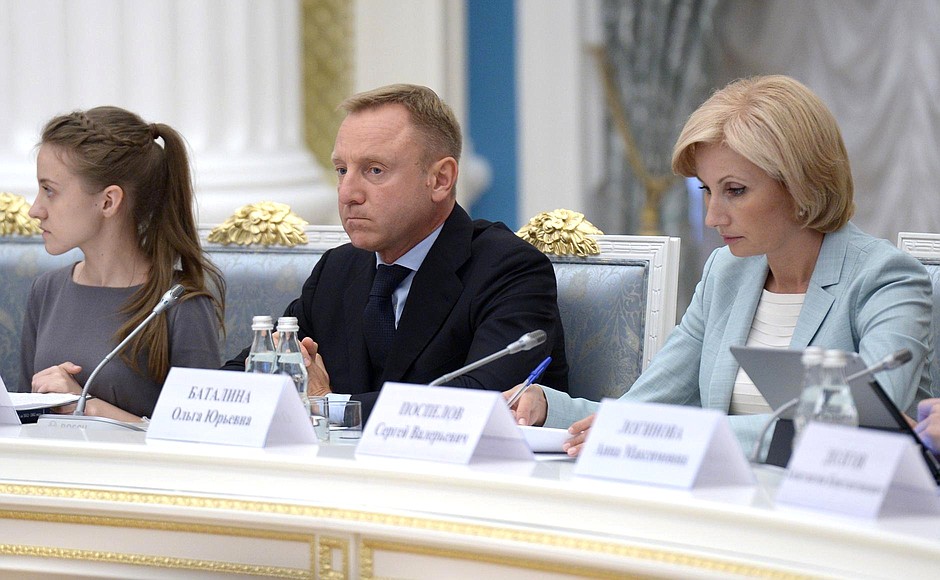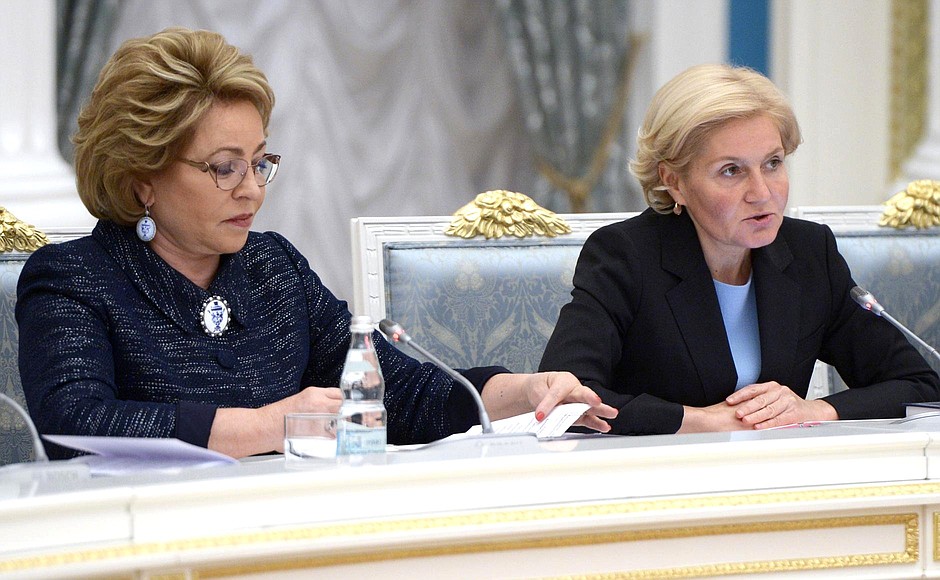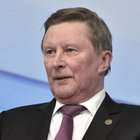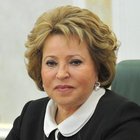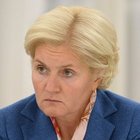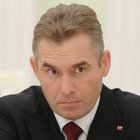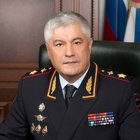Mr Ivanov pointed out that numerous children and youth associations have been created and successfully operate in Russia. They are active throughout the country. They need support. Their experience can be used in the work with troubled teenagers. Search groups to locate WWII soldiers missing in action is one example of such work.
Speaking about access to school education, Mr Ivanov noted that it has significantly improved over the past four years. However, according to Rosstat, in 9,870 schools, or 23 percent of all Russia's schools, classes are conducted in two or three shifts. Mr Ivanov said this figure is alarming, since about two million schoolchildren are affected by this problem.
The meeting participants also discussed the effects of armed conflict on children. History shows that the number of wars is on the rise, and children are their victims, Mr Ivanov said, adding that it is up to the adults to do their best to make sure that children never have to witness the horrors of war, suffer deprivation, or fight in armed conflicts, but enjoy instead a happy childhood, a decent and peaceful life, and the right to be heard.
The meeting was chaired by Federation Council Speaker and Coordination Council Chairperson Valentina Matviyenko. Deputy Prime Minister and Coordination Council Deputy Chairperson Olga Golodets delivered a keynote address on the main issue of the agenda, Children as Participants in the Implementation of the National Strategy. The meeting was also attended by Presidential Commissioner for Children's Rights Pavel Astakhov, Minister of Science and Education Dmitry Livanov, Minister of the Interior Vladimir Kolokoltsev, Deputy Defence Minister Nikolai Pankov, representatives of non-governmental youth organisations and educational institutions, schoolchildren from Moscow, the Moscow Region, Kaluga, and members of the Children’s Public Council under the Moscow Commissioner for Children's Rights.
